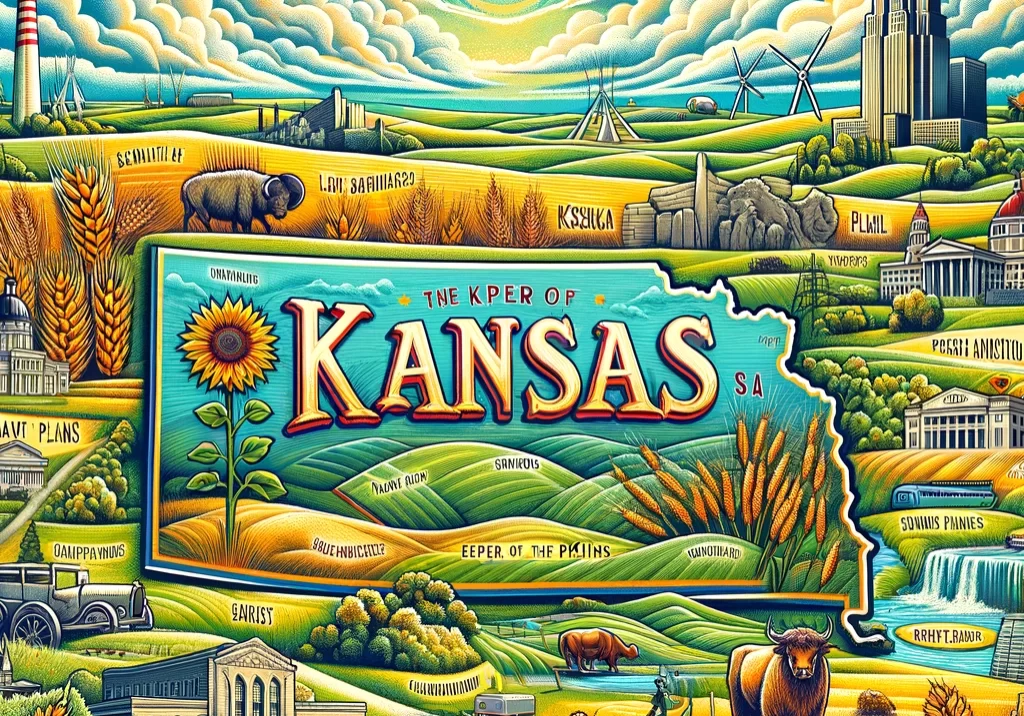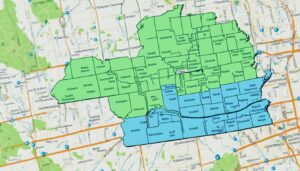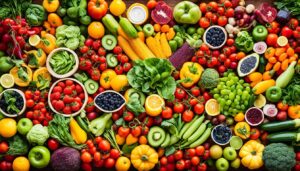Food Stamp Information - USA
Food Stamp Eligibility Calculator
US States
Work from Home. Business opportunity.
Are you in the US, dreaming of a brighter future with financial opportunity ?
Whether you're seeking rewarding work opportunities or aiming to increase your earnings. Don't let another day pass by dreaming of what could be. Take the first step towards the life you deserve.
Click Here to Begin Your Journey
Food Stamp Wyoming: Benefits & Eligibility Info
Are you struggling to afford food for yourself and your…
Food Stamp Wisconsin: Eligibility & Benefits
Are you struggling to make ends meet? Wondering if you…
Food Stamp Tennessee Eligibility & Benefits
Are you struggling to make ends meet? Need help putting…
South Carolina Food Stamp Assistance Guide
Are you struggling to provide enough food for yourself or…
Food Stamp Rhode Island Benefits Guide 2023
Are you struggling to put food on the table? Or…
Pennsylvania Food Stamp Program Guide
Are you struggling to put food on the table? The…
Foodstampcenter.com is not affiliated with any government programs



































